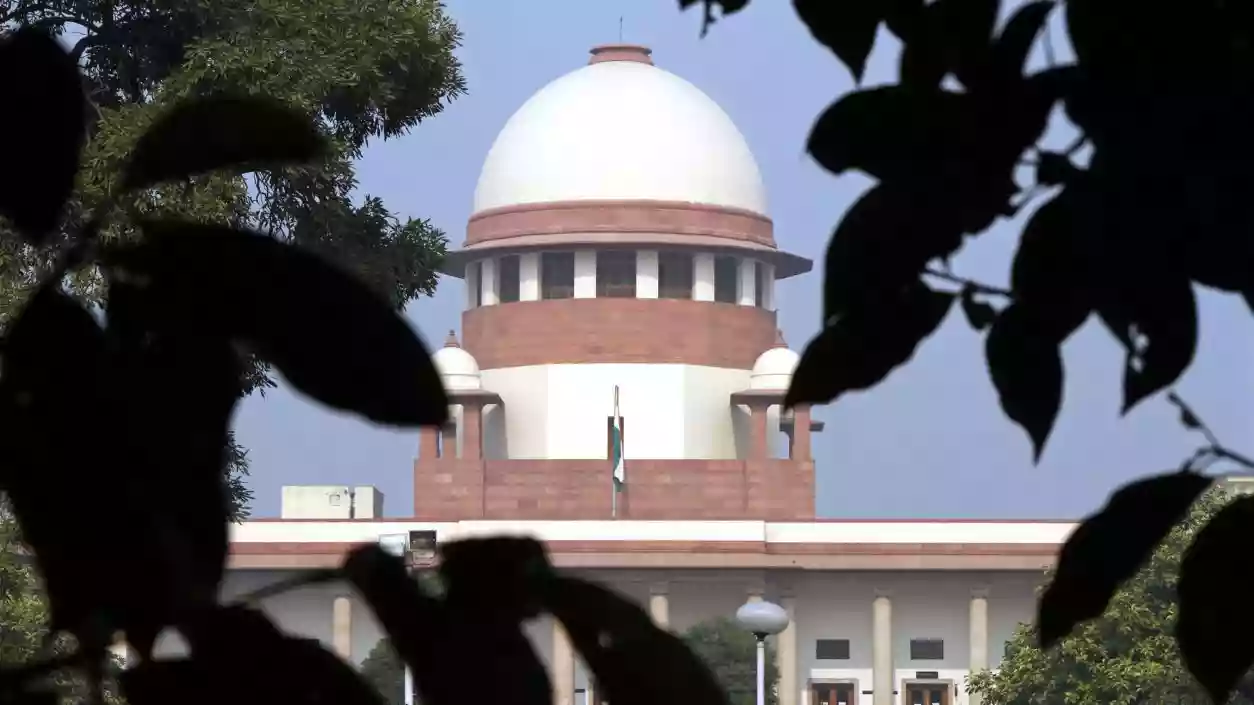.gif)
.gif)

The Supreme Court has ruled that calling someone “Miyan-Tiyan” or “Pakistani” may be inappropriate but does not constitute a criminal offence under Section 298 of the Indian Penal Code (IPC), which deals with hurting religious sentiments. The ruling came while quashing criminal proceedings against 80-year-old Hari Nandan Singh, who was accused of making communal remarks against a government employee in Jharkhand.
A bench of Justices BV Nagarathna and Satish Chandra Sharma delivered the verdict while hearing Singh’s appeal against an FIR registered in Bokaro. The complaint was filed by Md Shamim Uddin, an Urdu translator and acting RTI clerk, who alleged that Singh used communal slurs and exerted criminal force against him while he was discharging his official duties. Based on the complaint, Singh was charged under IPC Sections 298, 504 (intentional insult to provoke breach of peace), 506 (criminal intimidation), 353 (assault on a public servant), and 323 (voluntarily causing hurt).
The police filed a charge sheet following the investigation, and a magistrate took cognisance of the offences in July 2021. Singh filed an application for discharge, which was partially allowed on March 24, 2022, dropping the charge under Section 323 but retaining others. His appeals before the additional sessions court and the Jharkhand High Court were dismissed, leading him to approach the Supreme Court.
The Supreme Court examined whether Singh’s statements met the legal threshold for offences under Sections 298, 504, and 353 IPC. “Undoubtedly, the statements made are in poor taste. However, it does not amount to hurting the religious sentiments of the informant. Hence, we are of the opinion that the appellant shall also be discharged under Section 298 IPC,” the bench stated. The court also found no material evidence to support the allegation that Singh used criminal force against the complainant, leading to the dismissal of charges under Sections 353 and 504.
The bench relied on its previous ruling in Sajjan Kumar vs CBI (2010), which laid down principles for determining the sufficiency of material for framing charges. It noted that derogatory remarks alone do not amount to a criminal offence unless they create an imminent threat of public disorder. The court stated that none of the essential ingredients required to establish the alleged offences were met in this case.
With this ruling, Singh has been exonerated of all charges. Under the new Bharatiya Nyaya Sanhita (BNS), which replaces the IPC from July 2024, Section 298 IPC has been renumbered as Section 302. The judgment clarifies that offensive language, unless accompanied by criminal force or provocation of violence, does not meet the criteria for criminal prosecution.